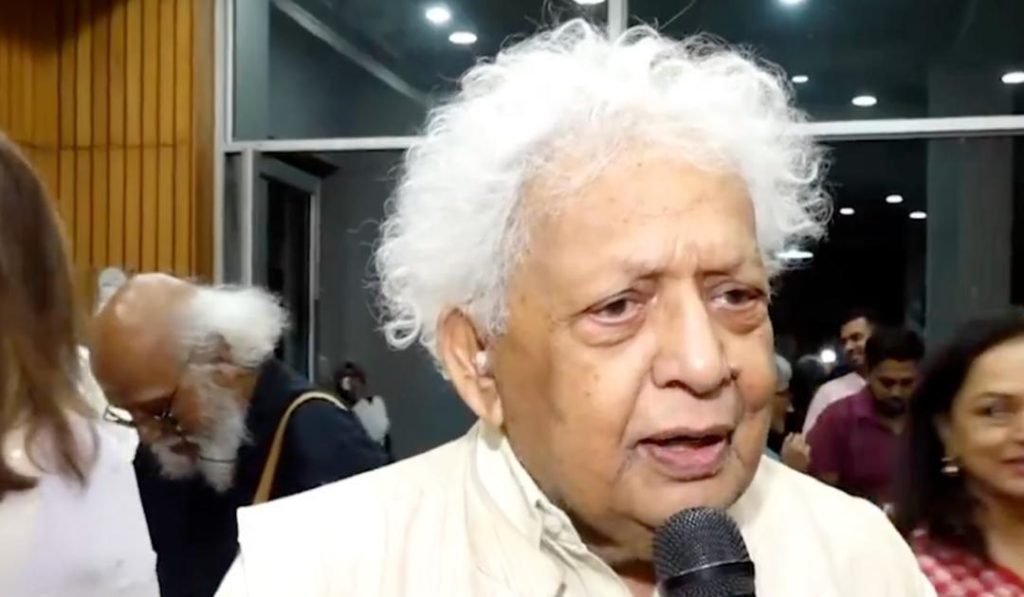
PM Modi Rightly Called Pahalgam Attack Cruel: UK MP Desai
The recent terror attack in Pahalgam, India, which left at least 26 people dead, has sent shockwaves across the country and the world. In the aftermath of the attack, Indian Prime Minister Narendra Modi condemned the attack, terming it as a “cruel” and “inhuman” act. Now, a Member of the UK’s House of Lords, Meghnad Jagdishchandra Desai, has lent his support to Modi’s statement, saying that the PM was right in calling the attack a cruel one.
Desai, a prominent figure in UK politics, expressed his condolences to the families of the victims and condemned the attack in the strongest possible terms. “India has to react absolutely forcefully and see to it that not only the perpetrators are punished but that it never happens again,” he said in a statement.
The attack, which occurred on [Date], was carried out by a group of terrorists who targeted a tourist bus in Pahalgam, a popular tourist destination in Jammu and Kashmir. The victims included both locals and tourists, with many more injured in the attack.
Desai’s statement is significant not only because of his position as a Member of the House of Lords but also because of his long-standing connection with India. He has been a strong advocate for India-UK relations and has played a key role in promoting cultural and economic ties between the two nations.
In an exclusive interview with [News Source], Desai explained why he believed that Modi was right in calling the attack a cruel one. “Terror attacks are always cruel and inhumane, but this one was particularly brutal and senseless,” he said. “The perpetrators of such attacks have no regard for human life and are driven solely by a desire to cause harm and spread fear. It is our duty to stand up against such acts of terrorism and ensure that those responsible are brought to justice.”
Desai also emphasized the need for India to take a strong stance against terrorism and to work closely with international partners to combat this threat. “Terrorism is a global problem that requires a global response,” he said. “India has a key role to play in this fight, and it is essential that it works closely with other countries to share intelligence, coordinate efforts, and prevent such attacks from happening in the future.”
The Pahalgam attack is not an isolated incident, and it is part of a larger trend of terrorism in India. In recent years, India has faced numerous terrorist attacks, including the Pulwama attack in 2019 that killed over 40 Indian security personnel. These attacks have been carried out by various terrorist groups, including the Pakistan-based Jaish-e-Mohammed and the Kashmir-based Lashkar-e-Taiba.
In response to these attacks, India has taken a series of measures to strengthen its security and to root out the sources of terrorism. These measures include increasing military presence in the border regions, improving intelligence gathering, and working closely with international partners to disrupt the financing and recruitment networks of terrorist groups.
Desai’s statement is a significant development in this context, as it shows that the international community is united in its condemnation of terrorism and its support for India’s efforts to combat this threat. “The UK and India share a deep and abiding friendship, and we stand together in the fight against terrorism,” he said. “We must work together to share intelligence, coordinate efforts, and prevent such attacks from happening in the future.”
In conclusion, Desai’s statement is a powerful reminder of the need for India to take a strong stance against terrorism and to work closely with international partners to combat this threat. The Pahalgam attack was a cruel and inhumane act that has left a lasting impact on the victims and their families. It is essential that we remember their sacrifice and work together to ensure that such attacks never happen again.






